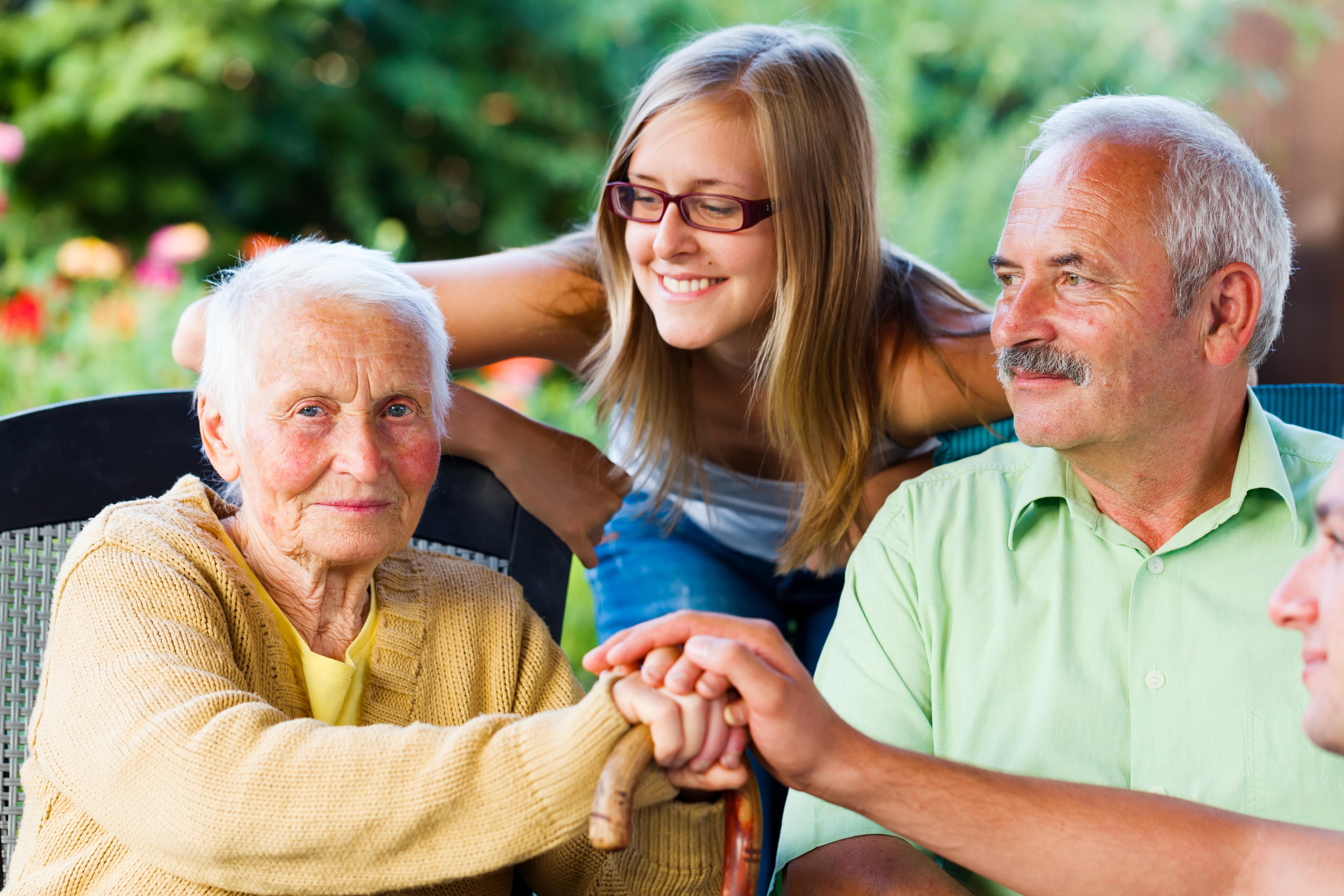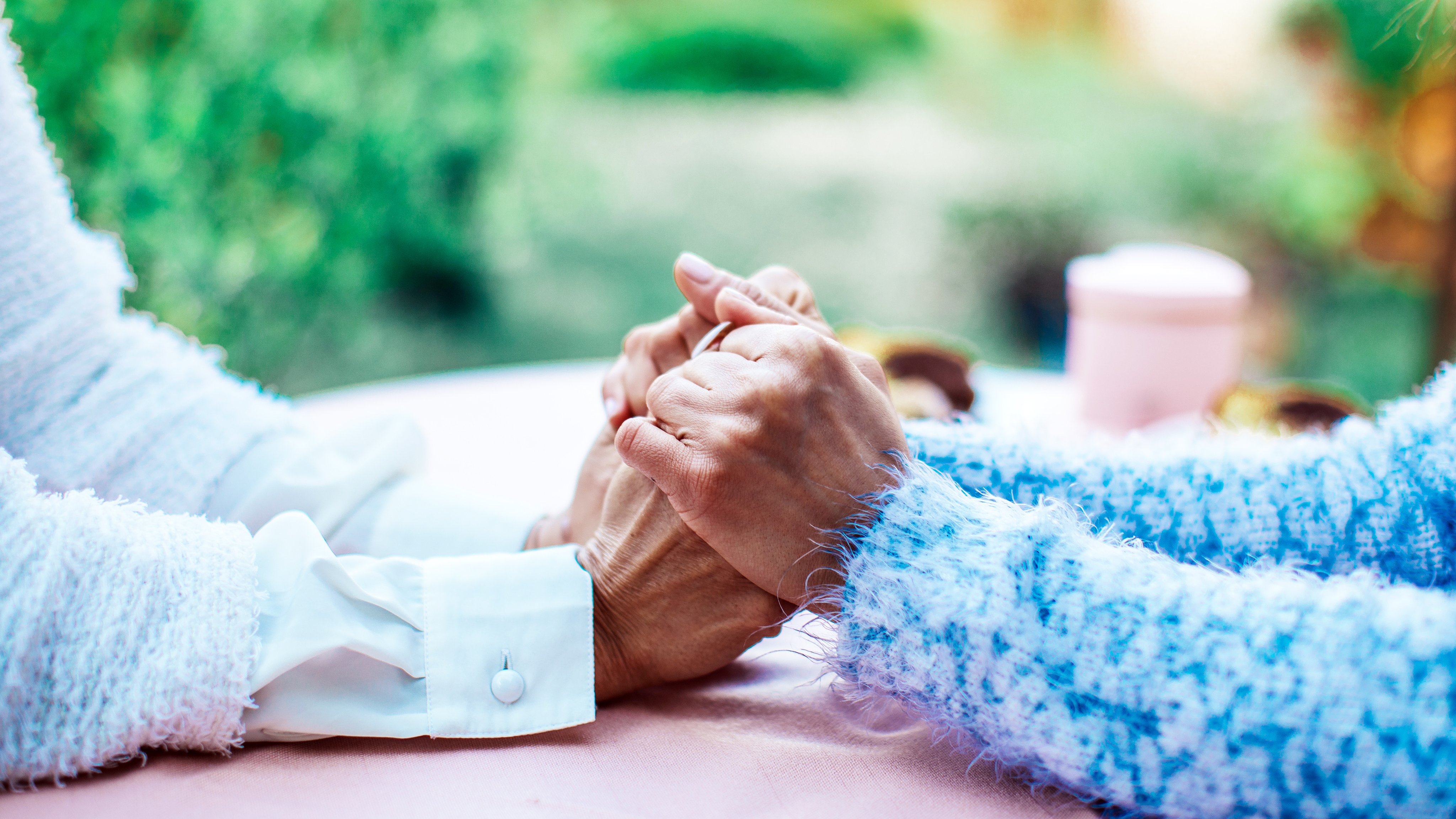Resources
Mobile Resource Library Tabs
Filters
Search
Categories Navigation
Asset Publisher
Content with Type Article .
Resources

Managing Caregiver Stress
Though caregiving may bring us many positive opportunities to spend time with and provide support for a loved one, we may also regularly encounter stressful situations and struggle to find that elusive work-life balance. In fact, research shows that being a caregiver is “among the most stressful, emotionally burdensome and physically demanding roles a person can take on.” At times, the uplifting feelings of helping someone may ease the energy-draining emotions of caregiving. But caring for someone with a chronic illness can impact all aspects of life, from medical and physical health to financial and relational well-being.
Read MoreBy Lisa Weitzman | 06/12/2019

Caring From a Distance
Do you have to travel over 60 minutes to reach your loved one? Does this distance sometimes interfere with your caregiving responsibilities or prevent you from giving the care your loved one needs? If so, you may be considered a long-distance caregiver. Providing care from afar can complicate the caregiving experience, but there are tools, resources and new technological advancements that can help us all approach the distance in a more effective way.
Read MoreBy Sara Powers, PhD | 06/12/2019

The Impact of Caregiving on Family Members and Friends
Family members and friends provide an average of 80% of the help needed by older adults who are unable to independently complete all their daily activities due to an illness or disability. While assistance from professionals or paid helpers may also be beneficial, most of the time, family members and friends are the main source of support, with one or more assisting and serving in the role of caregiver.
Read MoreBy David Bass, PhD | 06/12/2019

Protecting A Loved One From Self-Neglect
It can be challenging to ensure the needs of an older family member, or a loved one living with a disability are met. It can be especially difficult if they are living alone or cannot care for themselves because of physical or cognitive declines, such as dementia. In some cases, a loved one’s health condition or social isolation can put them at risk to self-neglect.
Read MoreBy Sarah Nicolay, Farida Ejaz, PhD, Courtney Reynolds & Jessica Bibbo, PhD | 06/12/2019
Diagnosing Alzheimer’s Disease and What Comes After
As your loved one ages, you may grow concerned about the possibility of them developing Alzheimer’s disease or another form of dementia. However, you may not know how to recognize the signs and symptoms of the disease, how best to discuss your concerns with your loved one, or how to care for them if a diagnosis is made. If you are looking to take some initial steps to assess your loved one’s condition, consider these common questions regarding Alzheimer’s disease to help you better understand the disease and its symptoms and what steps you can take to prepare yourself and your loved one for a diagnosis.
Read MoreBy Katherine Judge, PhD | 06/12/2019
